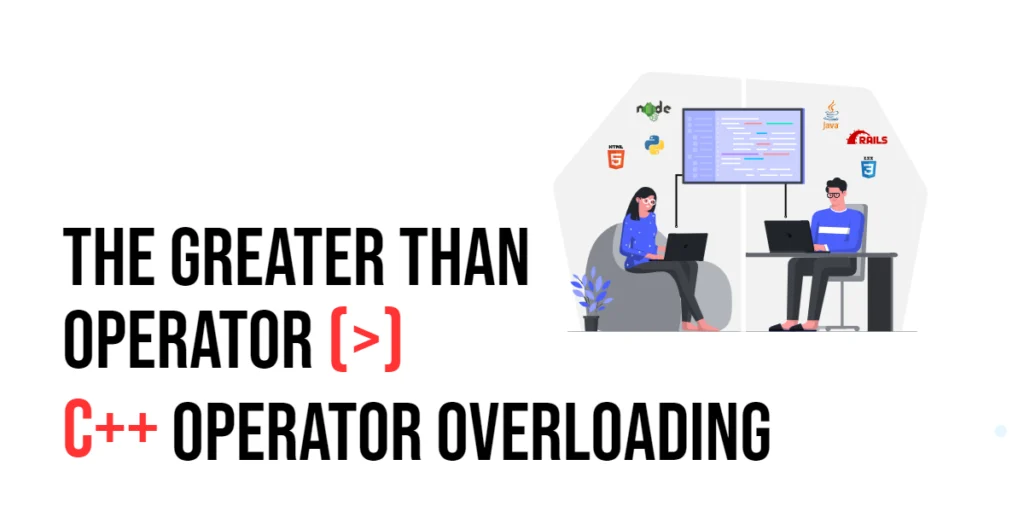Lua is a lightweight, embeddable scripting language with a simple syntax and powerful features. One of its strengths is the set of standard libraries that come with it, providing a rich collection of functions to handle common programming tasks. These libraries cover a wide range of functionalities, including basic operations, table manipulation, string processing, mathematical calculations, input/output operations, operating system facilities, and debugging support.

with hands-on learning.
get the skills and confidence to land your next move.
Using the Lua standard libraries allows developers to write more efficient and concise code by leveraging pre-built, well-tested functions. This guide will cover the essential libraries, providing an overview and practical examples to demonstrate their usage.
The Basic Library
Overview of the Basic Library
The basic library provides essential functions that are always available in Lua. These include functions for type checking, basic input/output, and error handling. Some commonly used functions in this library are print, type, assert, error, and tonumber.
Example: Using print and type
The print function is used to output values to the standard output, typically the console. The type function returns the type of a given value as a string.
local name = "Lua"
local version = 5.4
print("Name:", name)
print("Version:", version)
print("Type of name:", type(name)) -- Output: Type of name: string
print("Type of version:", type(version)) -- Output: Type of version: numberIn this example, the print function outputs the values of the name and version variables to the console. The type function is used to determine and print the types of these variables.
The Table Library
Overview of the Table Library
The table library provides functions to manipulate tables, which are the primary data structure in Lua. This library includes functions for inserting, removing, and sorting elements, as well as functions for table concatenation and packing/unpacking.
Example: Sorting a Table
The table.sort function sorts the elements of a table in place.
local fruits = {"banana", "apple", "cherry", "date"}
table.sort(fruits)
for i, fruit in ipairs(fruits) do
print(i, fruit)
endIn this example, the table.sort function sorts the elements of the fruits table alphabetically. The sorted elements are then printed using a for loop with the ipairs iterator.
The String Library
Overview of the String Library
The string library provides functions for string manipulation, including pattern matching, finding substrings, and converting strings to different cases. This library is essential for text processing and manipulation tasks.
Example: String Manipulation
The string.upper and string.lower functions convert a string to uppercase and lowercase, respectively. The string.find function searches for a pattern in a string.
local text = "Lua is great!"
local upperText = string.upper(text)
local lowerText = string.lower(text)
local startPos, endPos = string.find(text, "great")
print("Uppercase:", upperText) -- Output: Uppercase: LUA IS GREAT!
print("Lowercase:", lowerText) -- Output: Lowercase: lua is great!
print("Position of 'great':", startPos, endPos) -- Output: Position of 'great': 8 12In this example, string.upper and string.lower convert the text string to uppercase and lowercase, respectively. The string.find function finds the position of the substring “great” in the text string.
The Math Library
Overview of the Math Library
The math library provides basic mathematical functions and constants. It includes functions for trigonometry, logarithms, exponentiation, and random number generation.
Example: Mathematical Calculations
The math.sqrt function calculates the square root, and the math.random function generates a random number.
local number = 16
local sqrtNumber = math.sqrt(number)
local randomNumber = math.random(1, 100)
print("Square root of", number, "is", sqrtNumber) -- Output: Square root of 16 is 4
print("Random number between 1 and 100:", randomNumber)In this example, math.sqrt calculates the square root of number, and math.random generates a random number between 1 and 100.
The I/O Library
Overview of the I/O Library
The I/O library provides functions for file input and output. It includes functions for reading from and writing to files, as well as functions for manipulating file handles.
Example: Reading and Writing Files
The io.open function opens a file, and the file:read and file:write methods read from and write to the file, respectively.
local file, err = io.open("example.txt", "w")
if not file then
print("Error opening file:", err)
return
end
file:write("Hello, Lua!\n")
file:close()
file, err = io.open("example.txt", "r")
if not file then
print("Error opening file:", err)
return
end
local content = file:read("*a")
print("File content:\n" .. content)
file:close()In this example, the file “example.txt” is opened in write mode, and the string “Hello, Lua!” is written to it. The file is then reopened in read mode, and its content is read and printed to the console.
The OS Library
Overview of the OS Library
The OS library provides functions for interacting with the operating system. It includes functions for handling dates and times, executing system commands, and manipulating the environment.
Example: Working with Dates and Times
The os.date function returns a string or table representing the current date and time, and the os.time function returns the current time in seconds since the epoch.
local date = os.date("%Y-%m-%d")
local time = os.time()
local formattedDate = os.date("%Y-%m-%d %H:%M:%S", time)
print("Current date:", date) -- Output: Current date: 2023-07-14
print("Current time (seconds since epoch):", time)
print("Formatted date and time:", formattedDate) -- Output: Formatted date and time: 2023-07-14 14:23:01In this example, os.date is used to get the current date and format the current time, and os.time returns the current time in seconds since the epoch.
The Debug Library
Overview of the Debug Library
The debug library provides functions for debugging Lua scripts. It includes functions for inspecting variables, setting breakpoints, and stepping through code.
Example: Debugging a Script
The debug.traceback function generates a traceback of the call stack, and the debug.getinfo function retrieves information about a function.
local function faultyFunction()
local a = nil
print(a.b) -- This will cause an error
end
local function errorHandler(err)
print("Error:", err)
print(debug.traceback())
end
local status, err = xpcall(faultyFunction, errorHandler)
if not status then
print("Function call failed:", err)
endIn this example, faultyFunction attempts to access a field of a nil value, causing an error. The xpcall function calls faultyFunction with errorHandler as the error handler. When the error occurs, errorHandler prints the error message and a traceback of the call stack.
Conclusion
The Lua standard libraries provide a wide range of functions that simplify common programming tasks, from basic operations and string manipulation to file I/O and debugging. By leveraging these libraries, developers can write more efficient and concise code. This guide covered the essential libraries, providing an overview and practical examples to demonstrate their usage. Mastering these libraries will help you become a more proficient Lua programmer.
Additional Resources
To further your understanding of Lua programming and its standard libraries, consider exploring the following resources:
- Lua Documentation: The official Lua documentation. Lua Documentation
- Programming in Lua: A comprehensive book on Lua by Roberto Ierusalimschy. Programming in Lua
- Lua Users Wiki: A community-driven resource for Lua programmers. Lua Users Wiki
- LuaRocks: A package manager for Lua modules. LuaRocks
By leveraging these resources, you can deepen your knowledge of Lua and enhance your ability to develop powerful scripts and applications.







